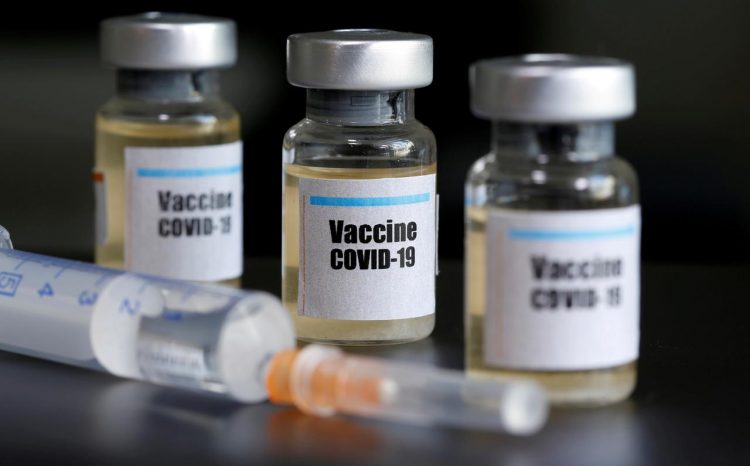All immunisation providers are trained to recognise severe allergic reactions and are knowledgeable about the practical steps needed to treat them.
“We encourage all those who are vaccinated to remain at the vaccination site for 30 minutes for observation.’’
During the on-going COVID-19 rollout, WHO is working closely with the Ministry of Health to detect and immediately respond to any serious side effects that may occur within 30 minutes of vaccination and beyond the 30 minutes when the person goes home.
In addition, it stated that the same article reported that some European countries had suspended the rollout of the AstraZeneca vaccine based on reports of rare blood coagulation disorders in a few people.
“WHO is aware that as a precautionary measure, a few countries in the European Union have suspended the use of a specific batch as a precaution, while full investigation is undertaken.
“It is important to note that the European Medicines Agency’s Pharmacovigilance Risk Assessment Committee position is that the vaccine’s benefits continue to outweigh its risks.
“The committee says the vaccine can continue to be administered while investigation of cases of thromboembolic events is ongoing.”
“As soon as WHO gains full understanding of events surrounding the suspension of the AstraZeneca vaccine in those countries, the findings and any changes to current recommendations will be immediately communicated to the public,” it added.
The world body also noted that vaccinations against COVID-19 would not reduce other medical conditions or deaths from other causes.
It stated that “they will continue to occur, including after vaccination but they are not related to the vaccines.”
Meanwhile, around 14.5 million doses of the AstraZeneca COVID-19 vaccine produced by Serum Institute of India have been delivered to 23 African countries under the COVAX initiative as of March 12.
Nearly 600,000 doses of the COVAX-funded AstraZeneca vaccine had been administered.

 Entertainment6 days ago
Entertainment6 days ago
 Health1 week ago
Health1 week ago
 Health4 days ago
Health4 days ago
 Football1 week ago
Football1 week ago
 Football1 week ago
Football1 week ago
 Crime5 days ago
Crime5 days ago
 Education6 days ago
Education6 days ago
 Health6 days ago
Health6 days ago

